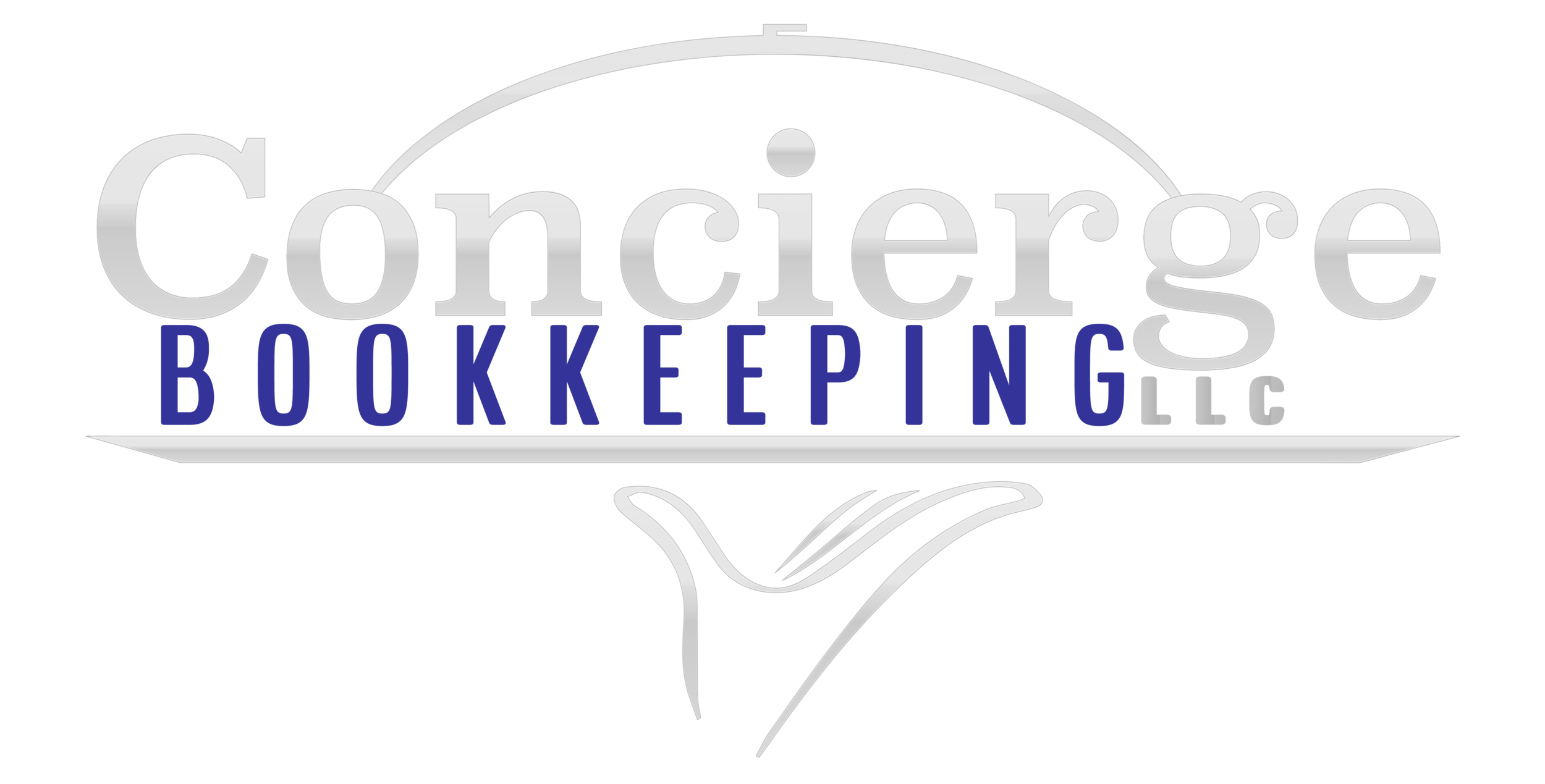What Can a Good Bookkeeper Do For Your Business?
You started your business based on a passion or talent you have. Most likely, it didn’t include bookkeeping. The fact is, good bookkeeping can make or break a business. Sure, you need to know what your numbers are. But you might be wondering, what can a good Bookkeeper do for your business? Here’s a few important ways a Bookkeeper can help your small business succeed.
Get small business loans.
Many small businesses need loans to help them get started, or rise to the next level as they grow. In order to apply for a business loan, you need historical and Pro-Forma financial statements. Historical statements mean clean books. Pro-Forma statements project those numbers against market outlook factors. Similarly, business plans require both historical and realistic projected financial numbers. A bookkeeper can help you prepare these financial statements with accurate numbers in a timely fashion - increasing your chance of approval.
Avoid tax penalties.
Every year, thousands of small businesses waste hard earned money on tax penalties. Don’t be one of them! Hire a Bookkeeper. When you have current, accurate books, you can quickly and easily prepare your taxes and get them filed on time. A good Bookkeeper understands what information is needed for state and federal tax filings, so you’re prepared. Bookkeepers can also handle tax payments on your behalf as part of their service.
Have more negotiating power.
Say you want to negotiate for a better rate with one of your vendors. Seven of the top 10 negotiating tips require accounting knowledge. They are:
Learn Their Motivation – this comes with an understanding of their market and your value, backed by true accounting numbers.
Understand Their Acquisition Costs - a Bookkeeper can help you access and translate a vendor’s financials for context.
Always Have An Alternative - a Bookkeeper can help you find and analyze data from a vendor’s competitors, providing information to leverage.
Be Willing to Walk Away - knowing your numbers from your target to the minimum of what you’ll accept requires clean books and a solid understanding of those books.
Take Your Time and Wear Them Down - a Bookkeeper can help you get an early start on negotiations before a new contract must be adapted and help you compare bids from competitors.
Find Unique Points to Negotiate When Stuck - these can be found from knowing and understanding your numbers, your vendor’s numbers, and opportunities to create more value.
Know When to Back Down - if you know your vendor’s cost and can understand their needed return, you know their breaking point. You must be willing to concede them a profit or they will not accept your offer.
You are more likely to gain a favorable outcome in vendor negotiations when you have a knowledgeable Bookkeeper on your side. The same can be said for negotiating terms with clients. Knowing your numbers helps you come to the negotiating table prepared and confident.
Make informed decisions.
Need to hire an employee? Need to make a big purchase? Wondering if you’ll be able to afford that vacation you’ve been dreaming about? A good Bookkeeper can let you know whether you have the funds to do so. Having a clear and current financial picture empowers you to make informed decisions that help your business grow.
Still wondering what a good Bookkeeper can do for your business? Contact us to learn more about the benefits of working together.

